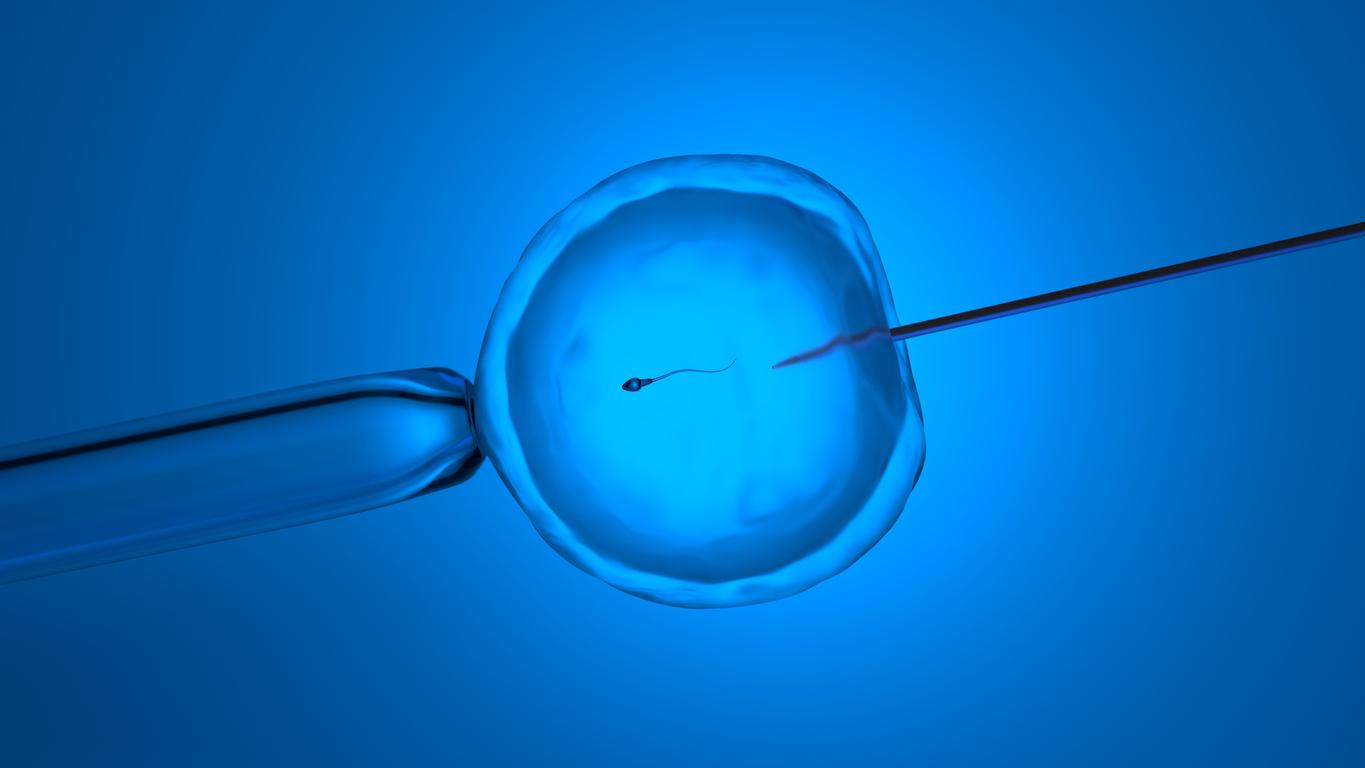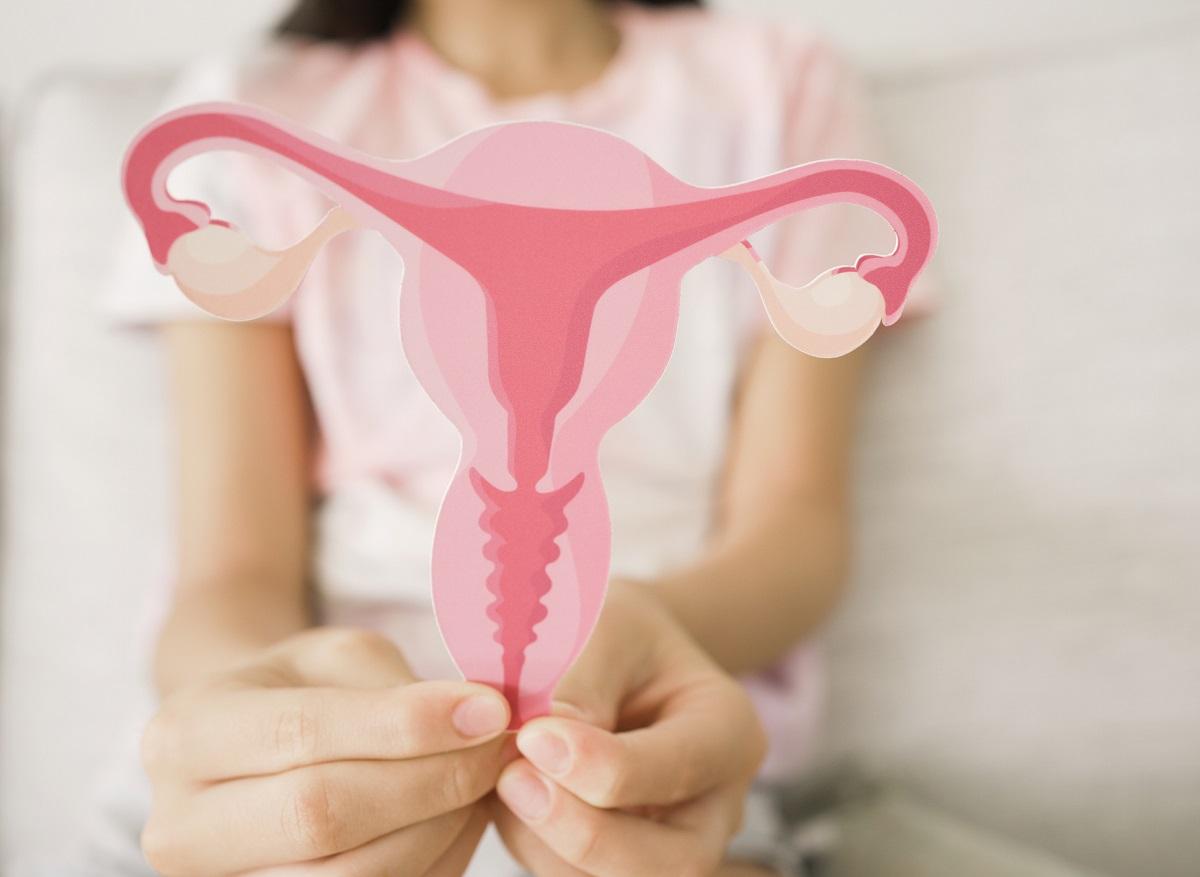The observation was already known in Europe and North America, but it would finally seem that the whole world is affected by the phenomenon. According to a very recent large-scale study published on November 15 in the journal Human Reproduction Update“sperm concentration decreased significantly between 1973 and 2018″ and on all continents.
Over the past 46 years, the average concentration of gametes in the semen of the general male population has increased from 101 million per milliliter (M/ml) to 49 M/ml. A figure halved but which could continue to decrease drastically. “The data suggests that this global decline has been continuing at an accelerating rate since the turn of the 21st century.”, say the authors. Below 40 M/ml, fertility could even be compromised.
And France is no exception to the rule. “In France, thanks to the availability of good quality data, we are certain that there is a strong and lasting decline, as elsewhere in the world”says Professor Hagai Levine, one of the study’s principal investigators.
An “alarming” acceleration
The rate of decline is also increasing. Since 1973, sperm concentrations have declined by 1.16% per year globally. Over the period 2000-2018, this rate doubled to finally reach a down 2.64%, an “alarming” acceleration according to the researchers. “We have a serious problem on our hands which, if left unchecked, could threaten the survival of mankind.”adds Professor Levine.
But what is this decline in fertility due to? “The plausible causes of this decline fall into two groups: the impact of lifestyle – smoking, obesity, stress, binge-drinking, etc. and chemicals present in the environment, in particular endocrine disruptors such as phthalates and bisphenol A or heavy metals such as lead”, says Professor Shanna Swan, co-author. Hence the urgency of global action to reduce exposures and promote healthier environments to protect our reproductive health.
Women’s reproductive health likely affected at same rate
However, the decline in sperm quality is only one of the factors responsible for the couple’s infertility and other elements such as sperm motility – essential to fertility – have not been taken into account. However, a decline in quality may be associated with other health problems, including an increased incidence of testicular cancer – doubled over the past 30 years in France.
Finally, if this study sheds light on the decline in male fertility, the women could be equally affected by this phenomenon. According to the authors, the fertility of men and women would probably fall at the same rate, but this is less known because “it is much more difficult to count eggs than sperm“, they conclude.
Source :
- Temporal trends in sperm count: a systematic review and meta-regression analysis of samples collected globally in the 20th and 21st centuries, Human Reproduction UpdateNovember 15, 2022
















